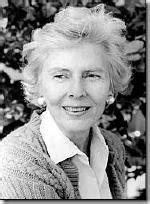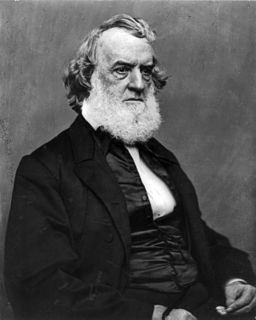A Quote by Sophocles
If it were possible to heal sorrow by weeping and to raise the dead with tears, gold were less prized than grief.
Related Quotes
It's a peculiarity of the Norwegian culture and of the English and American, too, that men are not supposed to cry. Stiff upper lip and all that. But the Vikings cried like women in public or privately. They soaked their beards with tears and were not one bit ashamed about it. Yet, they were as quick to draw their swords as they were to shed tears. So, what's all this crap about men having to hold in their sorrow and grief and disappointment?
Let the tears which fell, and the broken words which were exchanged in the long close embrace between the orphans, be sacred. A father, sister, and mother, were gained, and lost, in that one moment. Joy and grief were mingled in the cup; but there were no bitter tears: for even grief arose so softened, and clothed in such sweet and tender recollections, that it became a solemn pleasure, and lost all character of pain.
All those years I fell for the great palace lie that grief should be gotten over as quickly as possible and as privately. But, what I've discovered is that the lifelong fear of grief keeps us in a barren, isolated place, and that only grieving can heal grief. The passage of time will lessen the acuteness, but time alone, without the direct experience of grief, will not heal it.
in coming to terms with the newly dead, I seem to have agitated the spirits of the long dead. They were stirring uneasily in their graves, demanding to be mourned as I had not mourned them when they were buried. I was plunged into retroactive grief for my father, and could no longer deny, though I still tried, the loss I'd suffered at the death of my mother. ... Was it possible ... that one could mourn over losses that had occurred more than half a century earlier?
I soon began to dream. ... I heard subdued sobs, as if a number of people were weeping. ... I left my bed and wandered downstairs. ... There I met with a sickening surprise. Before me was a catafalque, on which rested a corpse wrapped in funeral vestments. Around it were stationed soldiers who were acting as guards; and there was a throng of people, gazing mournfully upon the corpse, whose face was covered, others weeping pitifully. 'Who is dead in the White House?' I demanded of one of the soldiers, 'The President,' was his answer; 'he was killed by an assassin.''
I think people become environmentalists through experiences of beauty and grief. There was that pond that you visited when you were a child, and there were frogs and turtles. You go back there and it's dead now. The forest you went to, now there are bulldozers, now it's a strip mall. These experiences of beauty followed by grief affect us more than learning that CO2 levels are now 400 parts per million.
On the Avenue in front of the White House were several hundred colored people, mostly women and children, weeping and wailing their loss. This crowd did not diminish through the whole of that cold, wet day; they seemed not to know what was to by their fate since their great benefactor was dead, and though strong and brave men wept when I met them, the hopeless grief of those poor colored people affected me more than almost anything else.
Another misconception is that if we truly loved someone, we will never finish with our grief, as if continued sorrow is a testimonial to our love. But true love does not need grief to support its truth. Love can last in a healthy and meaningful way, once our grief is dispelled. We can honor our dead more by the quality of our continued living than by our constantly remembering the past.




































